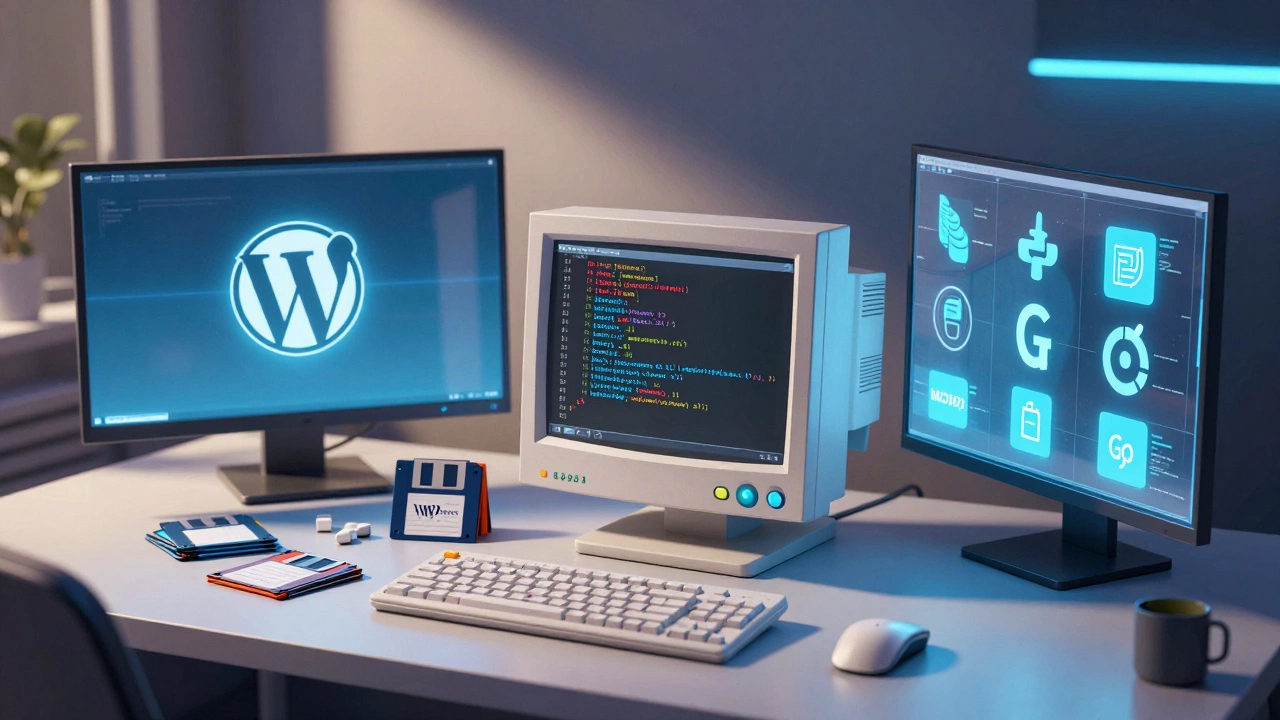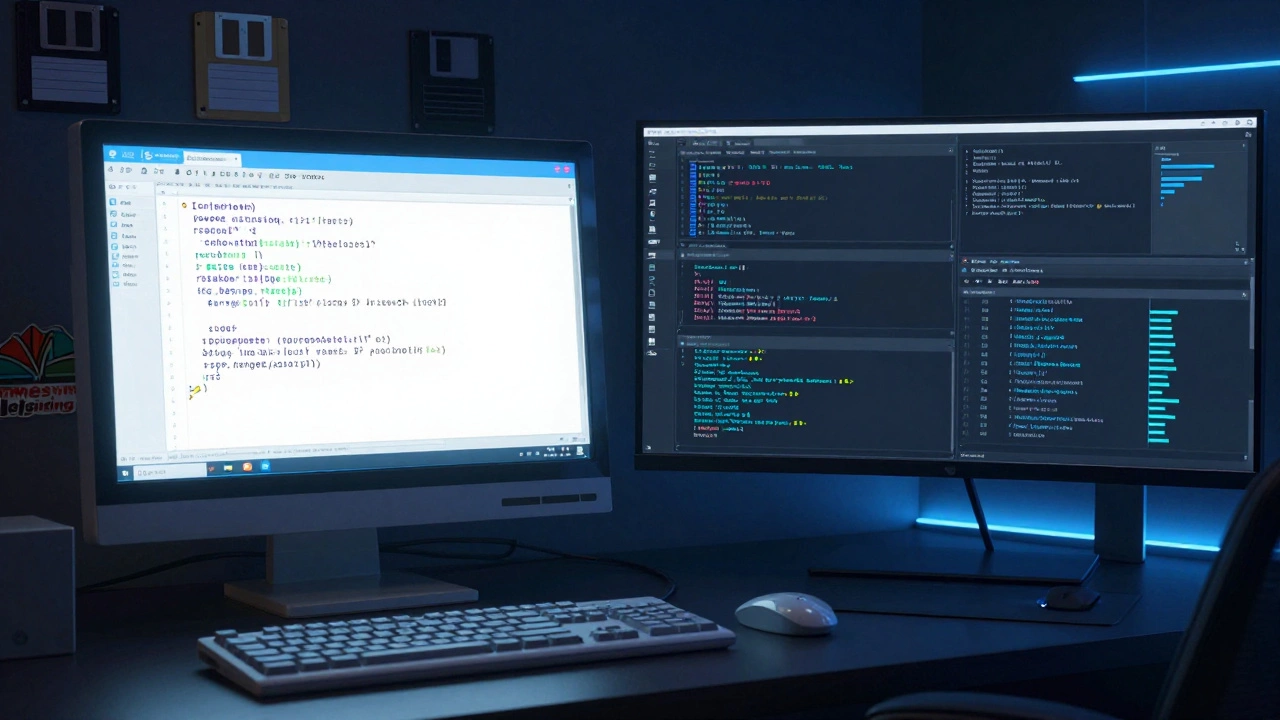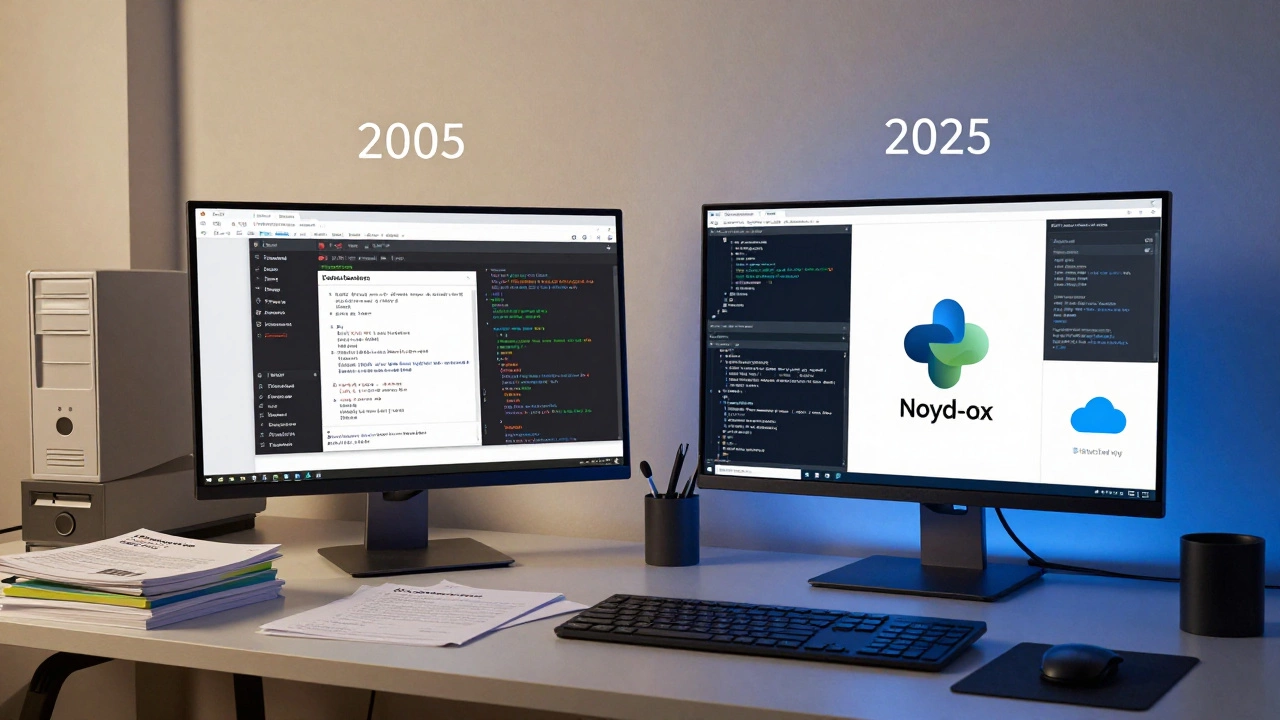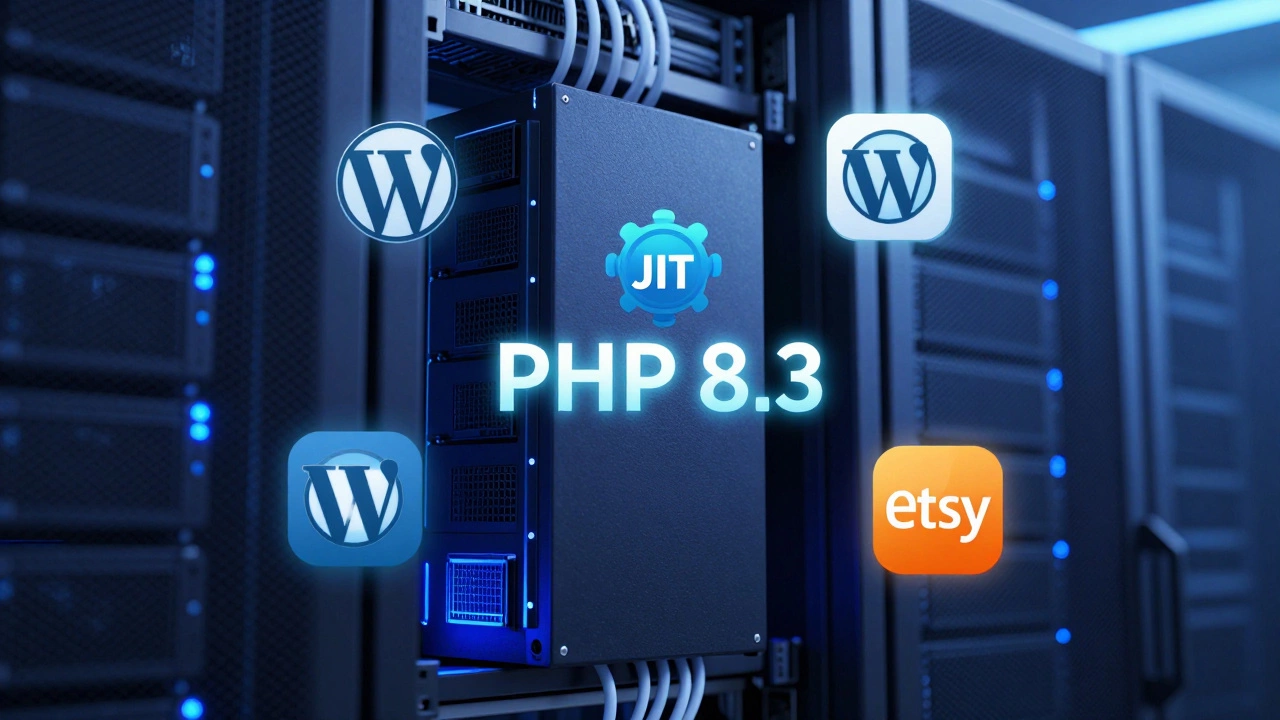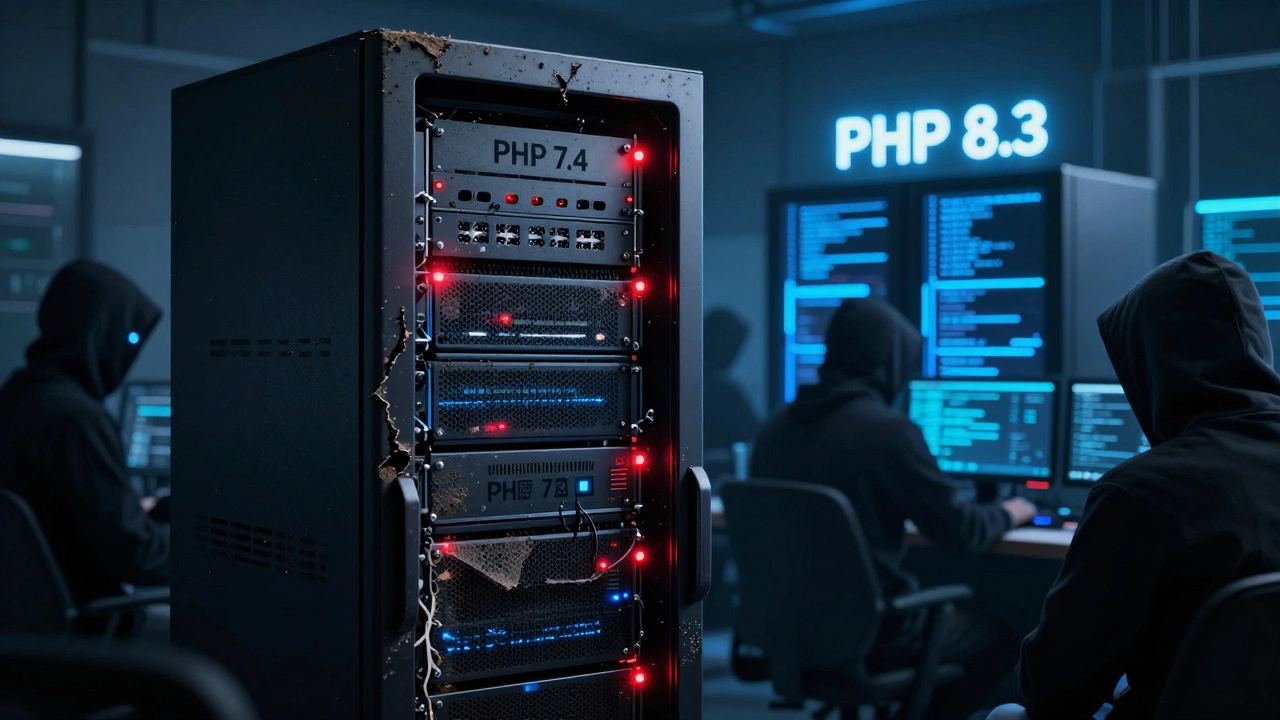PHP Development – What’s Hot, What’s Not, and What’s Coming
If you’ve landed on this page, you probably want a quick but solid view of PHP Development today. Is PHP still a go‑to for building sites? How does it stack up against JavaScript, Python, or NodeJS? And what should a PHP developer prepare for in the next few years? Let’s break it down in plain language, no fluff.
Where PHP Stands Today
PHP powers a huge chunk of the web, from blogs to big‑commerce platforms. In 2024 it’s still the engine behind WordPress, Laravel, and many custom solutions. The language keeps getting updates that improve performance and security, so it’s not dead even if newer stacks look flashier.
One hot topic right now is the debate between PHP and JavaScript for beginners. While JavaScript runs everywhere in the browser, PHP runs on the server and handles data, authentication, and content rendering. If you’re just starting, learning JavaScript first can give you a feel for interactive front‑ends, but PHP remains a solid choice for back‑end logic.
Another common comparison is PHP vs. Python. Both are used for backend work, but Python shines in data science and AI, whereas PHP excels in fast page generation and integrates tightly with CMS tools. Your decision should depend on the project type: need a data‑heavy app? Python might be better. Building a content‑rich site? PHP still makes sense.
NodeJS has been touted as a possible PHP killer. In reality, they serve different needs. Node’s non‑blocking I/O is great for real‑time apps, while PHP’s mature ecosystem and cheap hosting keep it practical for most business websites. Many developers even use both – PHP for the core site, Node for chat or live notifications.
There’s also chatter about PHP feeling outdated in 2025. Some developers point to slow adoption of modern syntax and the rise of frameworks like React or Vue. Yet the community is pushing forward with features like typed properties and better error handling, which keep PHP relevant for serious projects.
What’s Next for PHP Developers
Artificial Intelligence is reshaping coding jobs, and PHP is no exception. AI tools can suggest code snippets, spot security holes, and even write simple CRUD operations. Rather than replacing PHP developers, AI currently acts as a productivity boost. Learning how to work with AI‑assisted editors will keep you ahead.
Integrating other languages with PHP is becoming more common. For instance, you can call Python scripts from PHP to tap into powerful data‑processing libraries. This hybrid approach lets you keep the PHP front‑end while leveraging Python’s strengths for analytics.
Security stays a top priority. With PHP’s long history, older codebases can be vulnerable. Modern PHP frameworks enforce best practices, but developers must still stay updated on patches and use tools like Composer for dependency management.
Finally, the job market still values PHP expertise. Companies with legacy systems need maintenance, and new startups choose PHP for its speed to market. Pairing PHP skills with knowledge of Docker, CI/CD pipelines, or cloud platforms (AWS, Azure) makes your profile stronger.
Bottom line: PHP Development isn’t dead, but it’s evolving. Keep an eye on the latest language features, learn to blend PHP with other tools, and embrace AI assistants to stay productive. That way you can deliver fast, secure sites while staying ready for whatever the web throws at you next.

